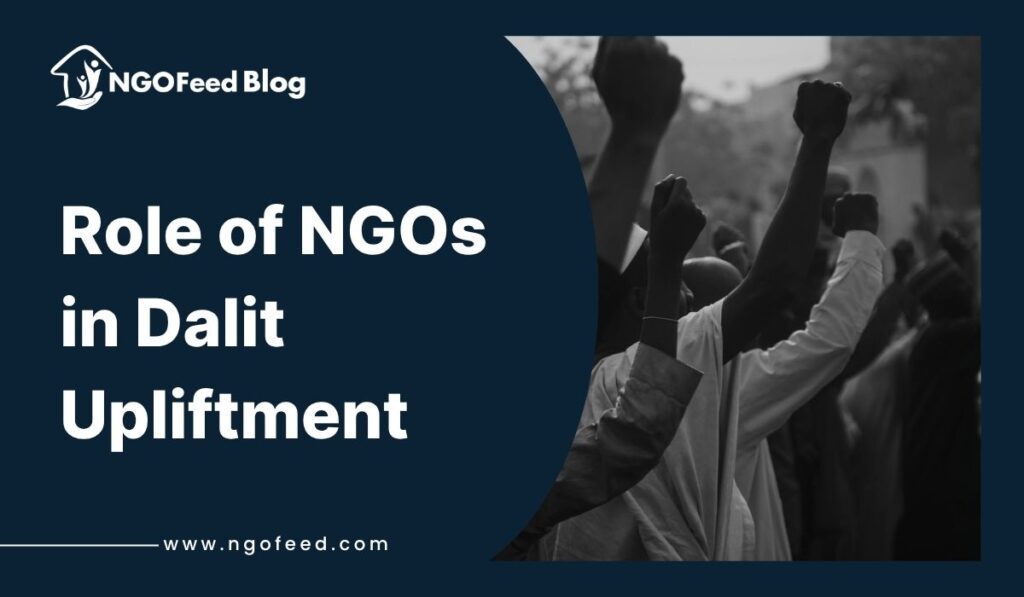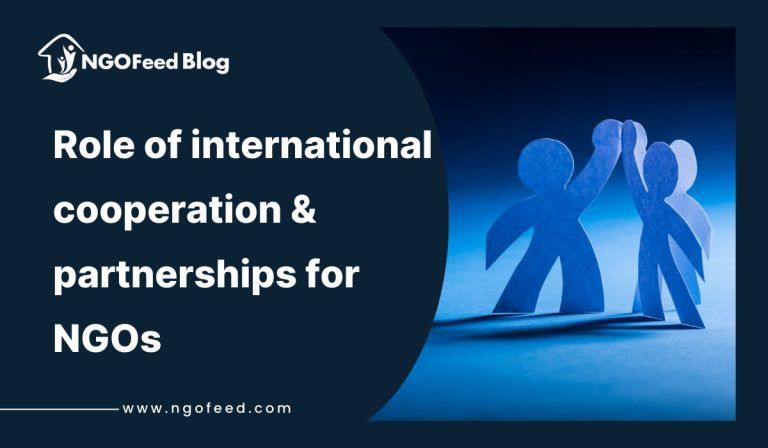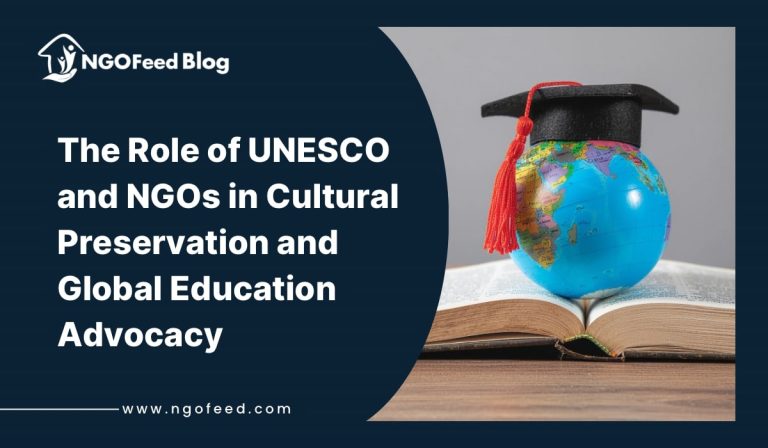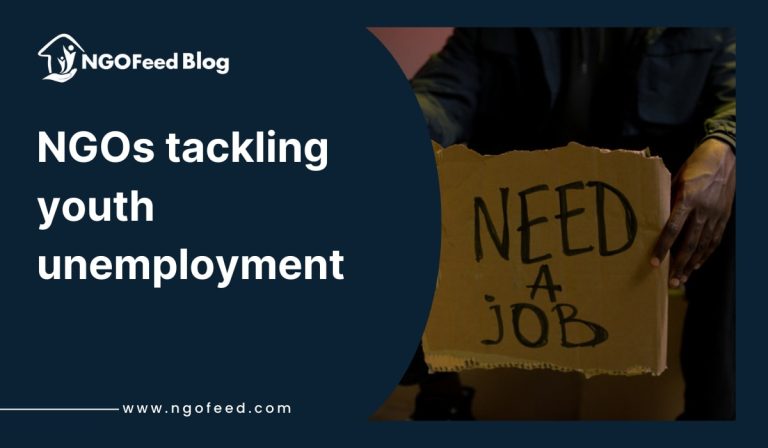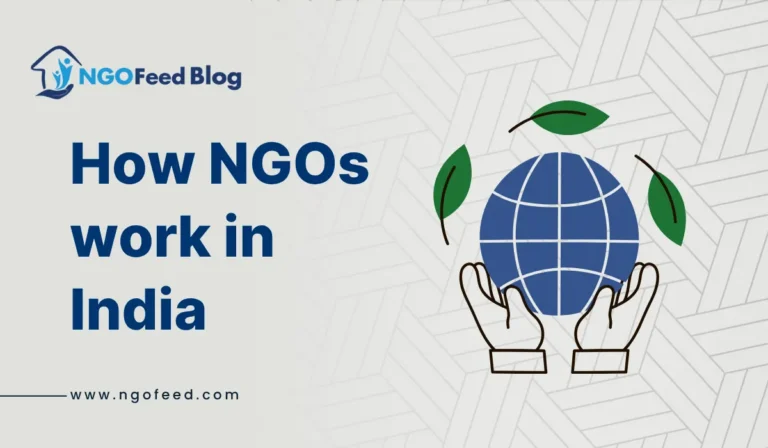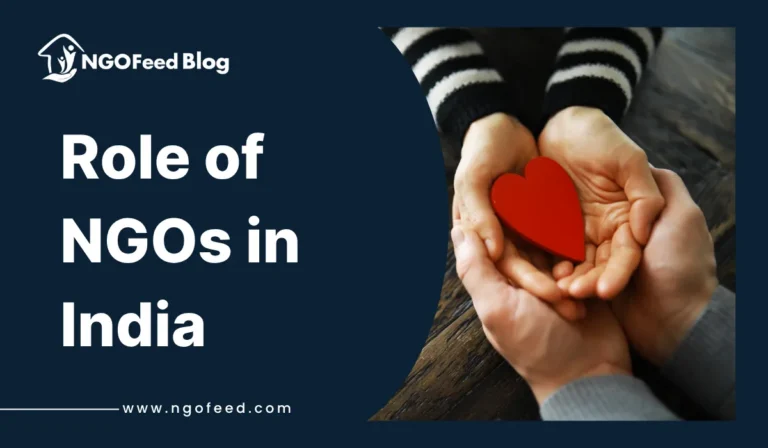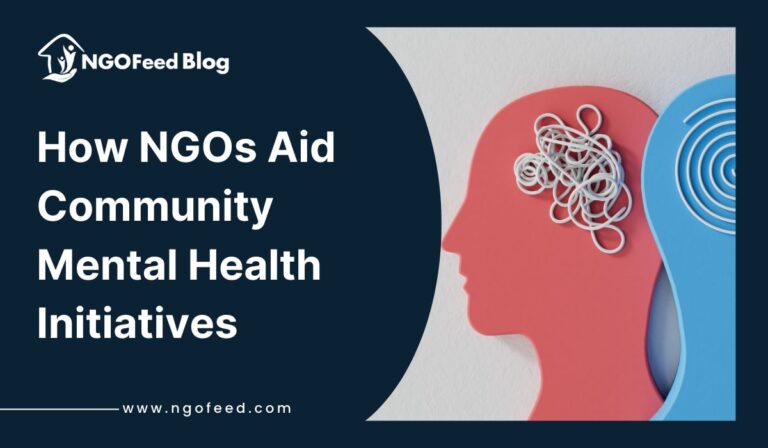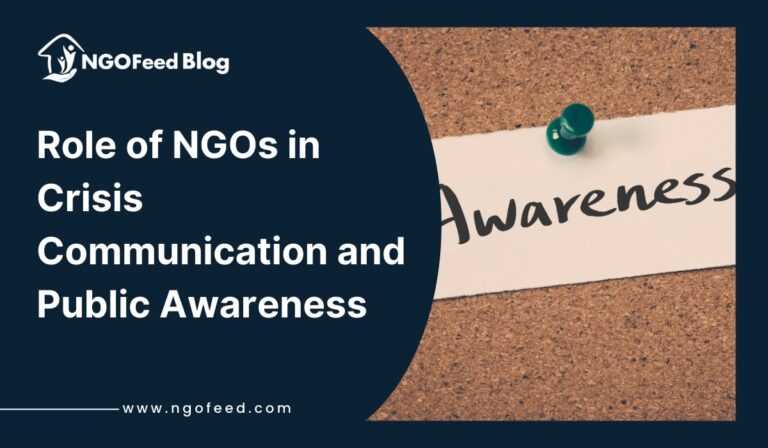Role of NGOs in Dalit Upliftment: For years, India’s social system was dominated by a strict caste system that kept Dalits, formerly known as “untouchables,” from getting the same access to education, jobs, land and dignity as others. Laws and protections may exist to secure equality for Dalits, but many still deal with discrimination, rejection from others and lack of economic support throughout much of the country. In this situation, Non-Governmental Organizations (NGOs) have become important leaders, supporting Dalit communities and working for justice at the community level.
They help link marginalised communities with the help they need from institutions. They work in several sectors, for example, education, job opportunities, healthcare, aid for the law, and advocacy for human rights. When NGOs build schools, skill training centres, and self-help groups, they help Dalits escape poverty and discrimination. Enhancing leadership and voters’ participation is important to many NGOs, which believe Dalits should have a voice in society today.
Also Read: NGO in Women Empowerment
They also supervise these issues and act as catalysts by using the law, launching awareness efforts and bringing communities together. Often, they serve as links between programs introduced by the government and those who should receive them.
The effort to empower Dalits is still ongoing, but thanks to NGOs India, we can see real improvements in how they learn, work, and appear in society. They are still crucial for creating an India where everyone, independent of caste, experiences dignity and respect.
Table of Contents
Educational and Skill Development Initiatives for Dalits
Poor access to good schools has long been a problem for Dalit communities because of caste prejudice, lack of wealth and inadequate infrastructure in rural parts of India. Various NGOs in India have played a key role in helping with this problem by offering programs that skillfully educate Dalit youth.
Also Read: Poverty Alleviation And Development
Helping People Get Equal Educational Opportunities
Several NGOs start schools, offer training, and provide encouragement to Dalit students to attend and complete their studies. Such initiatives grow the number of students and cut down on school leaving caused by poverty or unfairness in mainstream schools. Navsarjan Trust and Dalit Foundation organise programs to teach Dalit communities the value of education.
Skills and Vocation-Based Training
To help people find work, NGOs provide training in activities like tailoring, carpentry, learning computer skills, hospitality and farming. They give Dalit youth the tools they need to escape long-term poverty and find reliable work. A number of NGOs help by linking their members with microfinance organisations to begin small businesses.
Learning Digital Skills and Choosing a Career
Since technology is key to economic success, non-profit organizations are concentrating more on digital literacy. Such training covers basic computer courses, online resources and access to websites that support learning. Sessions are arranged to help Dalit students decide which careers or fields to enter.
NGOs use education and skills courses to make sure Dalits have ways to fight for their rights, join the workforce, and lead lives they can be proud of.
Also Read: Role of NGOs in NGOs in Urban Development
Role of NGOs in Dalit Upliftment – Legal Aid and Human Rights Advocacy
Despite what the constitution provides, Dalits remain victims of widespread caste-related discrimination, violence and access to their rights being denied. People often do not challenge systemic injustice because they don’t know about it, lack the resources, or worry about possible consequences. NGOs help fill this gap by providing legal help, telling people about their rights, and urging reforms in society.
You can access information about case support and legal assistance here.
Responding to recent atrocities, land displacement, labour exploitation, and marginalisation experienced by Dalits, several NGOs offer them free legal assistance. They guide the survivors by helping them file FIRs, find legal help, and fight for justice in courts. They also keep track of the SC/ST (Prevention of Atrocities) Act, 198,9 and work to see that its protection is carried out.
Also Read: Vital Role of NGOs in Modern Society
A variety of awareness and training events have been launched to teach about rights.
Many Dalit communities do not realize what their legal and constitutional rights are. Workshops, community meetings and street plays are organized by NGOs to provide everyone with details on their rights and how to engage with the government. Once Dalits have the knowledge needed, they feel ready and safe to claim their rights.
Supporting change in government policies and holding people accountable
Many NGOs go further than individual help by working with national governments, human rights teams and international organizations. They publish news about Dalit struggles, systemic violations, and they advance reform efforts to support them better. As a result, unequal groups can be heard, and it influences institutions.
Because they operate from the border between law and social justice, NGOs give Dalits the knowledge and encouragement they need to protect their rights.
Also Read: Role of UNESCO in Women Empowerment
Livelihood Support and Economic Empowerment
The upliftment of Dalits is strongly dependent on economic empowerment, as many have lacked access to land, permanent work and banking for a long time. NGOs have started programs to help people leave poverty by getting access to sustainable jobs, becoming entrepreneurs and becoming financially independent.
Training for Trade and Learning to Work
NGOs create skill development courses that respond to the unique needs of the local market. By training in tailoring, masonry, plumbing, organic farming, IT, and mobile repair, Dalit youth and women receive skills they can use to get jobs. NGOs frequently join forces with industries and training centres to create job openings or apprentice programs that help people earn more.
Helping Dalits establish their businesses
To make Dalit entrepreneurs independent, NGOs help them with microfinance loans, small business development and mentoring. They provide services for business planning, act as a bridge to markets and help farmers get government or bank loans. It encourages the business owners to earn and helps them become better leaders and more confident.
Improving Women’s Financial Future
Dalit women suffer from two types of discrimination: caste and gender. Women can join NGO-created self-help groups, cooperatives, and collectives to save, invest, and begin generating an income. People use these groups to learn about money, bargain collectively and help one another.
Also Read: Role Of NGOs in Psychological Support After Tragedies
Programs set up by the Government
A large number of Dalits are missing out on or unable to reach government welfare programs. NGOs make it possible for many to receive employment, housing, health insurance, and opportunities for learning by ensuring these schemes reach the correct people.
NGOs support Dalit communities by means of livelihood projects, which allow them to break from being mistreated and help them maintain economic and social wellbeing.
Social Inclusion and Community Mobilisation Efforts
Dalit communities have regularly faced social exclusion because of being excluded and stigmatized by many systems. NGOs help to address these practices by spreading equal rights and helping people stand up for what is fair.
Working to Bring People Together
They work towards awareness by conducting activities, workshops and events that support equality, dignity and social justice. We work to change harmful ideas and increase understanding and respect across the community and in organizations.
Starting Change from Below
The heart of most NGO initiatives is community mobilisation. When they coordinate Dalits into groups, youth clubs, self-help organizations and advocacy networks, NGOs help encourage unity and empower them to negotiate. By using these programs, individuals can share their opinions, seek the benefits they deserve and get involved in what affects them.
Being a Leader and an Active Citizen
NGOs teach and coach Dalit youth and women to hold positions of leadership in the community and in political life. Because of this, individuals can move from being helped to taking action themselves. When NGOs motivate participation in politics, Dalit people have a greater ability to participate in making decisions.
Also Read: Role of WHO in Healthcare
Taking Steps to End Social Segregation
Dalits are encouraged to be included in public schools, on job sites and in community settings where their exclusion is sometimes obvious and sometimes hidden. If cases of social boycotts, untouchability or segregation based on caste appear, NGOs usually take legal or advocacy action to intervene.
Trying to include everyone, NGOs ensure Dalits are protected by the legal system and are respected, heard and offered equal opportunities.

